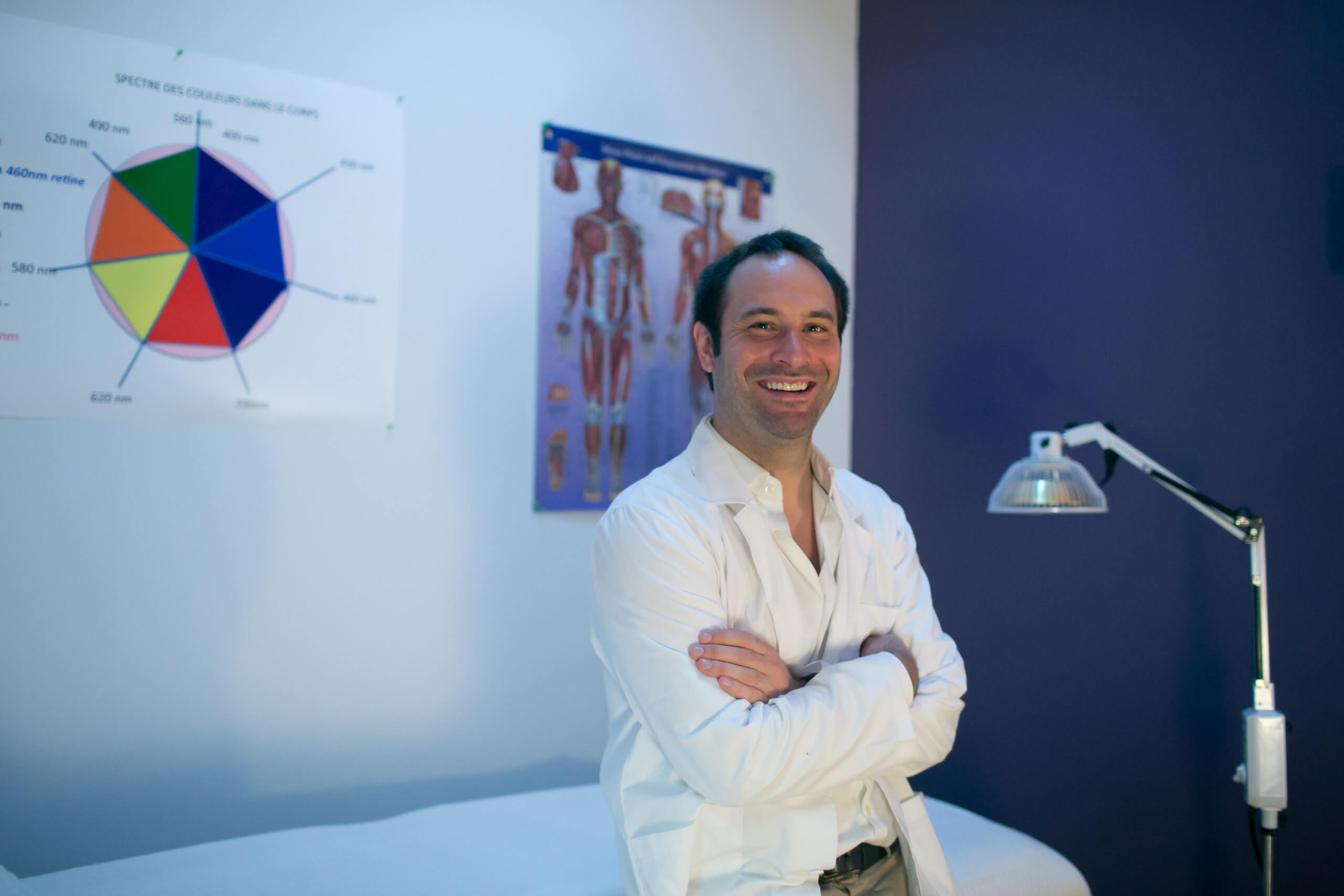By Andrew Heimann
Spirituality is not the absence of conflict; it is the ability to flourish because of it. To avoid conflict and chaos in life detracts from the human experience, which is what ultimately helps our spirit and spirituality blossom. We become our spiritual selves because of the conflicts we experience—not because we avoid them. This is the act of integration of the self and differentiation of the spirit. Dr. Roberto Assagioli, an Italian psychologist and contemporary of Carl Jung, described the function of transpersonal psychology as, “to integrate the self and not to get lost in the superego.” (The superego is the part of our psyche that reflects self-criticism and limitation of the self, almost like a restrictive parent telling us what we shouldn’t do.) What Dr. Assagioli means is that the function of spiritual development is to integrate the self and experience conflicts, while not allowing the spirit to be quieted.
As humans, our very essence is built on differentiation and integration. Developmentally, for an embryo, tissue differentiates (mesoderm, endoderm, and ectoderm) into organs and thus systems. The human body is the result of the differentiated culmination of cells, integrated together to make us whole people. Developmentally for a child, the goal is to differentiate from the family. There are often strong projections in families that don’t support differentiation, so some people don’t fully separate and, instead, stay integrated—in beliefs, actions and thought patterns. When there’s no differentiation, the dynamic is like a herd of cows who are enmeshed. When one cow becomes scared, all of the other cows become scared. Emotion is contagious because the boundary between one and the other is not recognized. Developmentally, adolescence is the time a child is really supposed to begin to differentiate. There’s a transition from being part of a family unit to becoming an adult who is supposed to recognize his or her own desires, beliefs, and needs. A lot of people don’t make it this far because the causes and conditions aren’t in place and don’t actually support this much-needed step.
Clearly, integration and differentiation are crucial for development in every aspect of life but especially for the development of self. In essence, we are like a tree with a solid, simple structure (the trunk) that branches off into more complex parts (the tree limbs), and even more complex systems (the blossoming flowers, leaves, fruit). These interconnected parts are able to operate with different structure and function while remaining part of a whole. Think about this in reference to the human body: complex movements, like walking, are rooted in basic, simple movements that use differentiated parts of the body and are coordinated by many different aspects of the body. The bones, the muscles, the joints, the blood, the veins, the breath, the heart, the mind—all of these work separately, but together, to help the body move, one step at a time. Spiritually speaking, if the spirit is embodied, then part of its experience and interaction is being in the body and being human. Physical, mental, and emotional differentiation is part of this experience, but they can only happen through integration. Following this logic, spirituality and accessing the spirit in a balanced way—bypassing the clutter of undifferentiated or enmeshed information—would presuppose the successful completion of developmental steps. But this is spiritual bypassing—removing the conflict and integration that helps us flourish spiritually. If one is trying to connect to the spirit and bypass the physiological and psychological developmental stages and differentiation, one is bypassing the human experience. This is not life, but the destruction of life. As we integrate the self into our families, our communities, society, we are then able to differentiate the spirit. Reframing this understanding is crucial for progress. Connecting to Spirit with the intention to integrate all parts of the self—physiologically, psychologically, and emotionally—is a holistic process that will unlock the true human potential of a spiritual embodiment.

